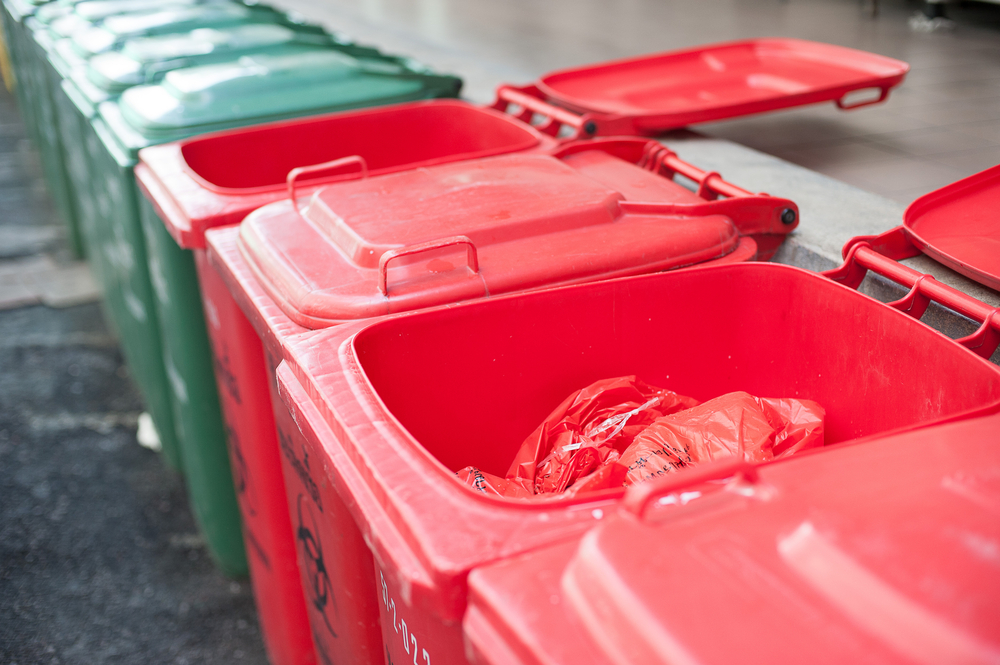Mitigating Stress Among Healthcare Providers: Why Medical Waste Management is Critical to Patient Care – A closer look at the recent Stericycle Healthcare Workplace Safety Trend Report.
Understanding and addressing the challenges of medical waste are a very important piece of the puzzle when it comes to ensuring the safety and well-being of both healthcare providers and the patients they serve.
In a recent Stericycle Healthcare Workplace Safety Trend Report, a pivotal connection between medical waste management and the delivery of quality patient care was uncovered.
The survey found that high-stress levels among healthcare providers (HCPs) is an ongoing issue. While stress has decreased since 2021, 63% of HCPs still report negative emotions at work, including feelings of burnout and exhaustion. Having the right training in place and a medical waste management team can alleviate the burden on these frontline workers while offering a safer and more organized working environment.
When workers are trained well and feel confident in the job they’re doing it can also extend confidence to patients who are depending on them for care.
In the context of the opioid epidemic, the survey also found there were concerns about drug diversion—a practice where leftover prescription drugs are kept for future use. Medical waste management helps with preventing drug diversion, and ensuring that unused medications are disposed of properly. This not only protects patients from potential harm but also contributes to the broader efforts in addressing the opioid crisis.
The report also found that 95% of HCPs know about the risks associated with improper medical waste disposal, including the fact that it can jeopardize the physical safety of healthcare workers. However, of those surveyed, only 33% said they had a solid understanding of the way their organization handles medical waste.
Beyond the immediate healthcare setting, improper medical waste management can have long-lasting impacts on health and well-being. Over 90% of healthcare providers agree that inadequate disposal can harm the environment. Understanding this ripple effect is essential for healthcare organizations to mitigate stress and grasp the broader implications of their waste management practices and prioritize patient care through sustainable solutions.
You Might Also Like:
- It’s Flu Season: Waste Management Solutions for Vaccines
- What Happens to Medical Waste When It Leaves Your Facility
- What is Cradle to Grave Processing?

Service Areas: Long Island Medical Waste; New York City Medical Waste; Westchester Medical Waste; and more.


